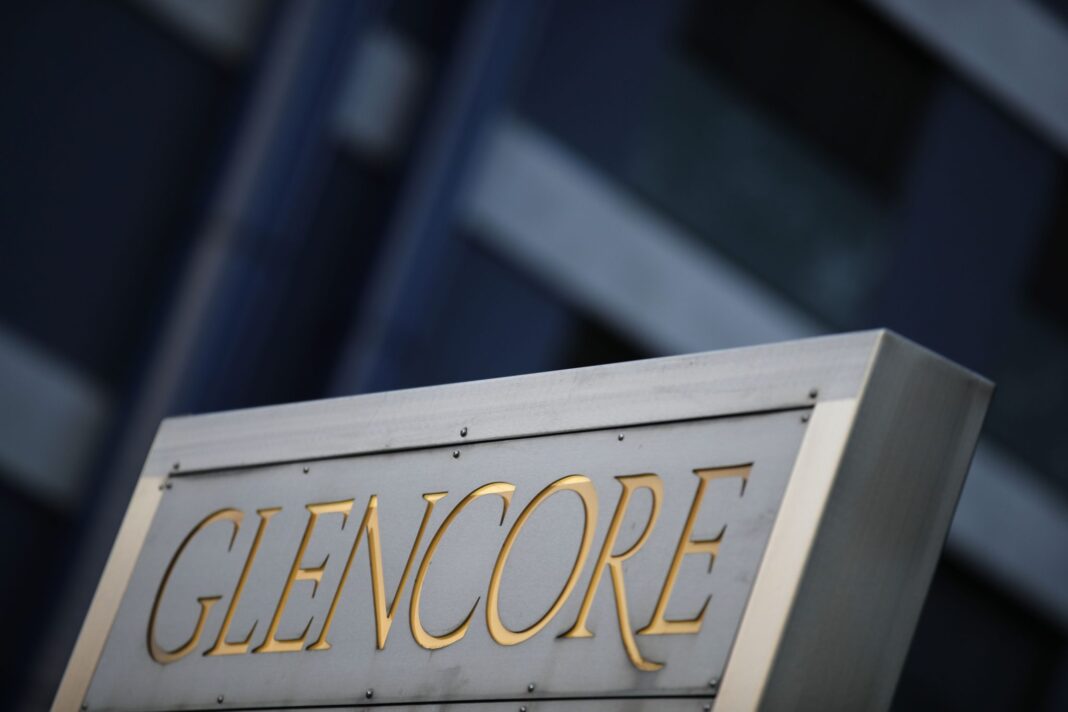Glencore was told to pay almost $30 million in restitution to the founders of a company that provided healthcare related services in the Democratic Republic of the Congo and was forced to shut down as a result of the commodities giant’s global bribery scheme.
US District Judge Lorna G. Schofield in New York on Monday ordered Glencore to pay $29.6 million to the company, Crusader Health, for bribing a public official in the Democratic Republic of the Congo in exchange for dismissing a lawsuit brought by Crusader against a Glencore subsidiary. Crusader had sought more than $50 million.
Crusader’s story is an example of the sprawling web of corruption that led Glencore to admit to decades of bribery and market manipulation in May, agreeing to pay about $1.5 billion to settle probes in the US, UK and Brazil that have overshadowed its business for years. The company is scheduled to be sentenced by Schofield Tuesday.
Crusader Health, founded by Ian and Laurethe Hagen, operated in 11 African countries and provided healthcare services including health and travel insurance, drugmaking and building and operating hospitals. The company had contracts to provide medical care to two different mining companies in the Democratic Republican of the Congo in 2009, which were later taken over by an indirect subsidiary of Glencore.
The Glencore subsidiary appointed a new manager to oversee the contracts. When Crusader was unable to verify his credentials, a probe was started by the local medical council, the judge wrote. But the manager had a close relationship with Glencore and an executive at the subsidiary threatened Ian Hagen’s family and warned he would get Crusader shut down in the country unless the issue was “swept under the carpet,” according to the ruling.
Crusader’s contracts were terminated and the company sued the Glencore subsidiary. But Glencore paid $500 000 to a public official to have the case dismissed, and Crusader shut down in 2012, Schofield said in the ruling.
Glencore “delivered the proverbial one-two punch to make good on its threat that Crusader ‘will never operate in the DRC again,’” Schofield wrote. The company “terminated the two contracts, placing Crusader in a dramatically weakened financial position. Then, defendant paid an illegal bribe to ensure that Crusader would not collect funds that would enable it to survive without the lost contract revenue.”
The company was sentenced in Connecticut in September to $486 million in fines and forfeitures for conspiring to manipulate US oil-price benchmarks, and was hit with a £276 million ($333 million) penalty by a London judge in November for its effort to bribe government officials for access to oil cargoes across Africa.
The case is US v Glencore, 22-cr-297, US District Court, Southern District of New York.
Bloomberg

